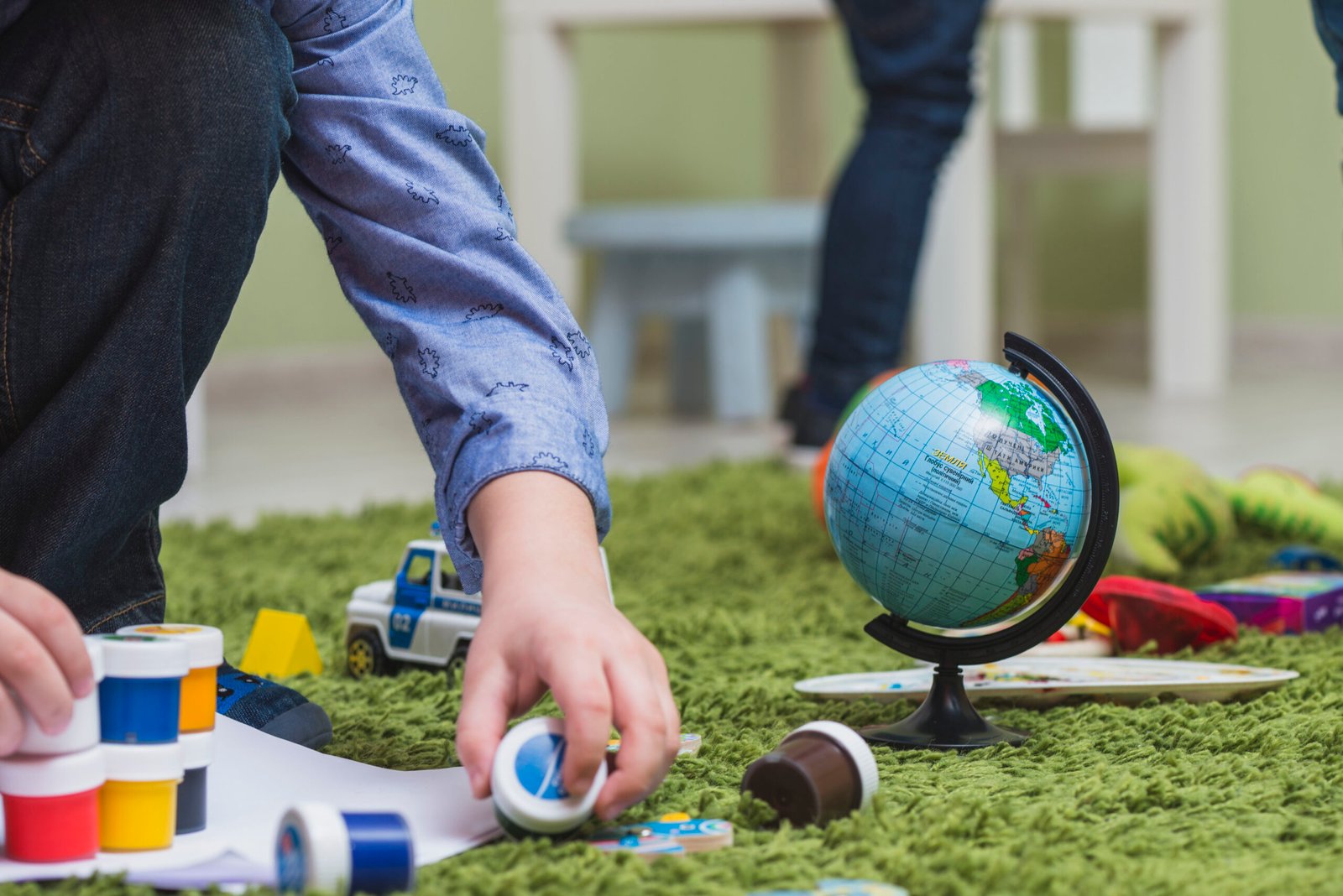
Global Developmental Delay
Global Developmental Delay (GDD) is a term used to describe a significant lag in a child’s development across multiple domains, including cognitive, physical, communication, social, and emotional skills. GDD is typically diagnosed in children under the age of 5 who demonstrate delays in reaching developmental milestones compared to their peers.
Key Characteristics of Global Developmental Delay:
- Delayed Milestones:
– Children with GDD may show delays in various developmental areas, such as:
– Cognitive skills: Difficulties with problem-solving, memory, and understanding concepts.
– Motor skills: Challenges in gross motor skills (e.g., crawling, walking) and fine motor skills (e.g., grasping objects, drawing).
– Communication skills: Delayed speech and language development, including difficulties with understanding and expressing language.
– Social skills: Challenges in interacting with others, forming relationships, and understanding social cues.
- Multiple Domains Affected:
– Unlike specific developmental disorders that affect only one area (e.g., speech delay), GDD affects multiple areas of development, indicating a broader delay in overall development.
- Diagnosis:
– GDD is diagnosed based on assessments of a child’s development in comparison to age-appropriate milestones. This typically involves:
– Clinical evaluations: Pediatricians and specialists assess the child’s developmental progress through observation and standardized tests.
– Parent and caregiver input: Gathering information from parents about the child’s behavior and milestones at home and in social situations.
Treatment and Support for Global Developmental Delay:
While GDD itself is a diagnosis indicating delays in development, it is essential to focus on early intervention and support to help children reach their full potential. Treatment may involve:
- Early Intervention Services:
– Early intervention programs provide specialized support and therapies tailored to the child’s needs, which may include:
– Speech and language therapy: To improve communication skills.
– Occupational therapy: To develop fine motor skills and daily living skills.
– Physical therapy: To enhance gross motor skills and mobility.
– Behavioral therapy: To address social and emotional challenges.
- Individualized Education Plan (IEP):
– For children who are eligible, an IEP may be developed to provide personalized educational support in a school setting.
- Family Support and Education:
– Educating families about GDD and providing resources for support can empower parents to advocate for their child’s needs and promote their development.
- Regular Monitoring and Assessment:
– Ongoing evaluations by healthcare professionals can help track the child’s progress and adjust interventions as needed.
Global Developmental Delay (GDD) is a complex condition that affects a child’s development across multiple domains. Early identification, comprehensive assessment, and targeted interventions are essential for supporting children with GDD and helping them reach their developmental milestones. With appropriate support, many children with GDD can thrive and lead fulfilling lives.
